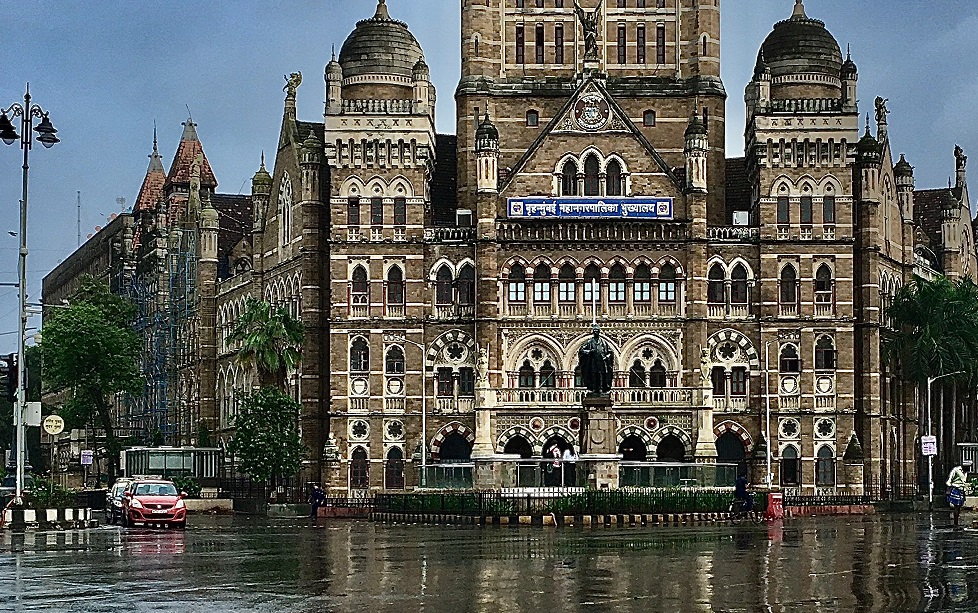
The urban local bodies need to be strengthened by the seamless operation of state finance commission (SFC) awards, the rationalization and enhancement of the property taxation system, and a sufficient level of user charge levy. Transfers from the state budget should be tied to specific levels of performance by the ULBs in terms of resource mobilization, expenditure control, effective financial management, and operational transparency. In most urban cities a greater part of these capacities are done by State-owned enterprise and quasigovernmental organisations. The Bengaluru Development Authority, for example, is in charge of land regulations and guidelines, while the Karnataka Slum Clearance Board is in charge of slum rehabilitation. The Tamil Nadu Urban Development Fund is one of the greatest models in this situation (TNUDF). The TNUDF is managed by a public-private partnership. Its main goal is to mobilize and redirect financial resources, including private capital, into high-demand urban capital infrastructure. For the city administrators to focus better on economic development planning, the stakeholder agencies should be authorized to enter into development agreements with private investors. This would not only reduce the workload of the administrators but also help in their capacity building. Furthermore, land banks can be utilized just to fund infrastructure and capital expenditures.
The second ARC report in this regard emphasizes the importance of establishing uniform technology guidelines across all services/departments, with State governments being required to convert websites to local languages, as well as Public Private Partnership expertise for improving digital infrastructure and keeping the cyber space safe. Where an all-encompassing training requires aptitude and expertise from various subject matter specific training institutes, training of elected representatives and personnel should be viewed as a continuous activity with periodic evaluations and incentives for them to excel and progress in their knowledge. This is best accomplished through ‘networking’ organisations that deal with a variety of topics like financial management, rural development, disaster management, and general management. The nodal authorities in state governments should assure this.
At the municipal level, all organisations should have a periodic autonomous review where independent agencies can assess the success or failure of e-government initiatives. Information on websites from the perspective of citizens can be made available, and websites can be redesigned based on the feedback. Citizens should be given with a citizen charter in all ULBs that specifies time restrictions for regulatory services, licences, permits, and strict adherence to them, as well as adequate remedy.
As developing countries gained independence from colonial powers in the 1960s and ’70s, urban planning structures became highly centralized within the national governments, which typically laid down the framework for city. However, learning from the examples of US shows that their federal governments are involved with local planning issues through the creation and execution of national housing and urban renewal legislation. Most American cities have powerful semi-independent urban authorities that are responsible for urban development planning. This is being put to action even in the case of India. For instance, AMRUT has replaced the approval of the State Annual Action Plan once a year by the MoHUA. Now the States have to give project sanctions and approval at their end. In this way, the AMRUT makes States equal partners in planning and implementation of projects.Thus, it is actualizing the spirit of effective capacity building of city level administrators.
For India’s urban areas to become more growth-oriented and productive and to increase the
capacity of the administrators, it is critical to build an excellent urban infrastructure, with
efficiency in service delivery and funding at the top of the priority list.
[This is the first article in a two-part series, you can read the first part here]
Kush Sharma is a policy researcher with experience in the field of public finance and public policy with the Government of India. His last engagement was with the Ministry of Housing and Urban Affairs. Prior to this, he has worked with the Department of Economic Affairs, Ministry of Finance.